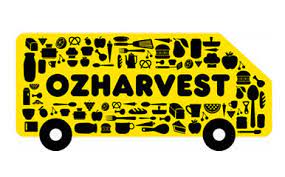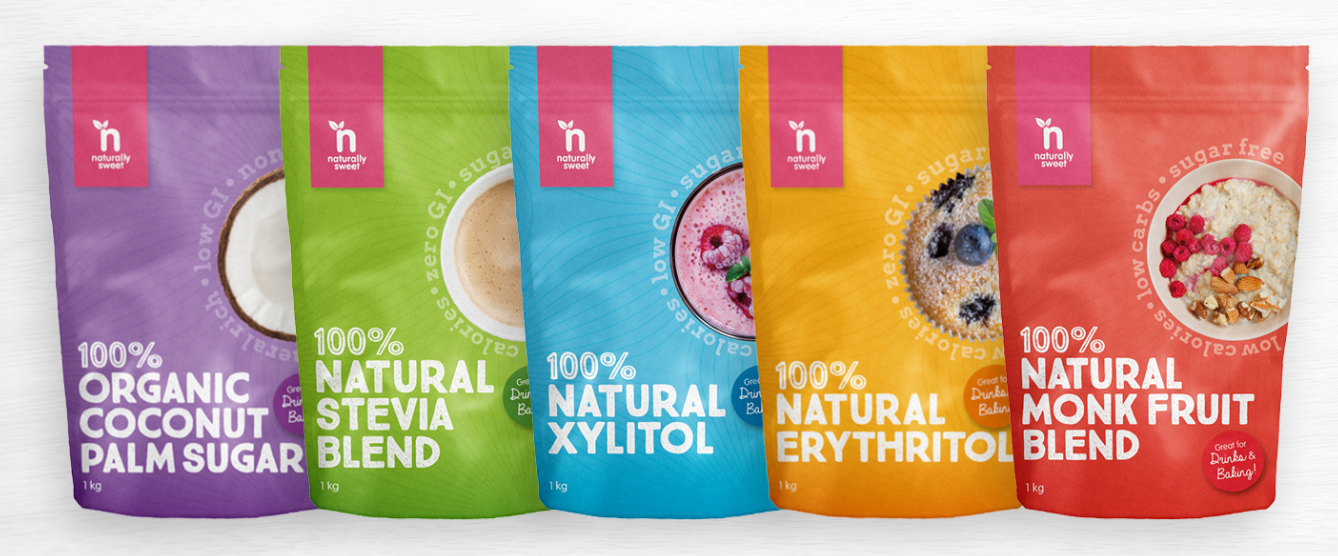Many of us may be unaware about the amount of sugar that creeps into our daily diet. From starting the morning with cereal and a coffee to ending the day with a sweet treat after dessert, chances are most of our meals have a high sugar content. Even savoury choices can be packed with sweeteners - highly processed breads are a good example, as are pre-made sauces and dressings such as mayonnaise, soy, sweet chili, tinned pasta toppings and stir-fry sachets. And with many magazines and other dietary sources promoting low-fat options, extra sugar is often found in dairy products like milk and yoghurt to compensate for the fact they are '99 per cent fat free'. That said, some sugars such as those naturally abundant in fruit and vegetables are considered good for you and we do need a certain amount of them for energy. And according to the national Heart Foundation, these natural sources of sugar are especially beneficial because they contain important vitamins, minerals and dietary fibres - all of which are good for our health. However, the important thing to remember is - everything in moderation. Letting refined, processed sugar, including that found in cakes, biscuits, soft drinks and ice creams, creep into your daily diet may be adding a few kilos to your waistline as well as wreaking havoc on your energy levels. Although fat is usually labelled as the catalyst for weight gain, many people forget that sugar is a carbohydrate, which is the food group we need for energy. Therefore, when we consume too many carbohydrates - more than we need for our energy levels - then the body stores these as fat, and so the cycle of weight gain begins. The good news is, there are several ways to try and manage your sugar intake more effectively, to help you on your way to a happier, healthier lifestyle. First things first, it's important to be aware - as soon as you are mindful of how much sugar you are consuming, you can start to make better food choices. Another thing you can do is try to incorporate more savoury snacks such as vegetables, nuts and wholegrains into your diet. You could also aim to have at least one sugar-free meal a day. And if you enjoy having a few spoonful's of sugar in your coffee, tea or sprinkled over your cereal, you could replace this with a healthy sugar instead. Stevia is a natural plant extract that is much sweeter than your traditional sugars - plus it contains no way near the same amount of calories, making it a great alternative.



